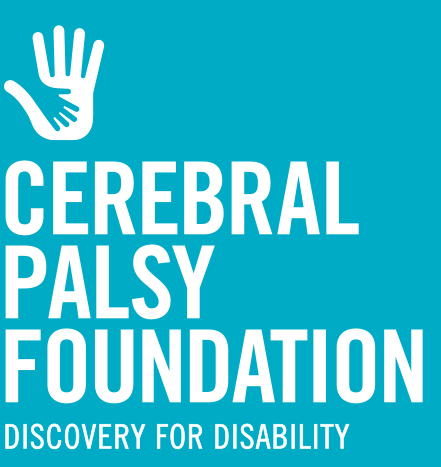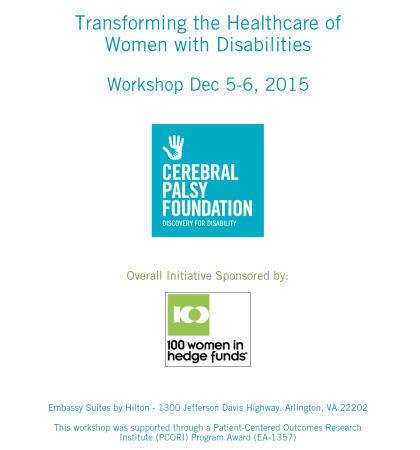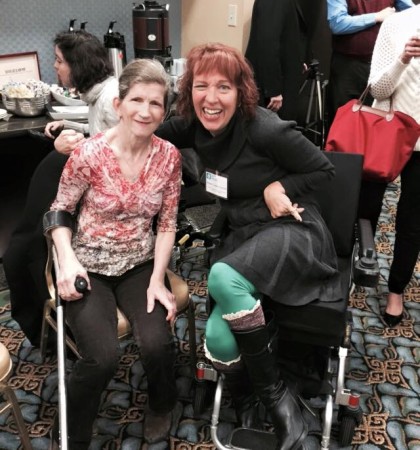 Last weekend, I was invited by the Cerebral Palsy Foundation to participate in the “Transforming the Healthcare of Women with Disabilities” Workshop to provide input and expertise on critical healthcare policies, practices and solutions and design a long-term research agenda on best practice care guidelines. It was a honor to be among such a distinguished group of medical experts (Dr. David P. Roye, Dr. Deb Gaebler-Spira, Dr. Laura Glader, Dr. Katharine Hayward and Dr. Eileen Fowler), health and disability leaders (Diana Zuckerman, June Isaacson-Kailes) and national patient advocacy groups (Judy Panko Reis, Alicia Thomas) to enhance patient and other stakeholder involvement in the analysis, interpretation, application and dissemination of the first major survey of the obstetrics, gynecological and breast health for women with disabilities.
Last weekend, I was invited by the Cerebral Palsy Foundation to participate in the “Transforming the Healthcare of Women with Disabilities” Workshop to provide input and expertise on critical healthcare policies, practices and solutions and design a long-term research agenda on best practice care guidelines. It was a honor to be among such a distinguished group of medical experts (Dr. David P. Roye, Dr. Deb Gaebler-Spira, Dr. Laura Glader, Dr. Katharine Hayward and Dr. Eileen Fowler), health and disability leaders (Diana Zuckerman, June Isaacson-Kailes) and national patient advocacy groups (Judy Panko Reis, Alicia Thomas) to enhance patient and other stakeholder involvement in the analysis, interpretation, application and dissemination of the first major survey of the obstetrics, gynecological and breast health for women with disabilities.
It was personally empowering to know that the result of our spirited discussions and projected research recommendations will empower women with disabilities everywhere to have greater control over their healthcare and be able to advocate for what they need to have a positive patient experience. I applaud CPF and Richard Ellenson, CEO, for their vision, leadership and execution on critical real-time issues impacting people with disabilities with real-time, transformative solutions. I look forward to working closely with the Foundation to advance improved healthcare processes, optimizing the larger patient engagement experience for women with disabilities. The workshop is part of the Foundation’s Women’s Health Initiative a collaborative network of nationally renowned medical institutions joining to identify the barriers to better healthcare and begin to develop and implement new approaches. This effort is funded with the generous support of 100 Women in Hedge Funds, one of the nation’s leading philanthropic organizations. The workshop was supported through a grant from the Patient-Centered Outcomes Research Institute (PCORI).







